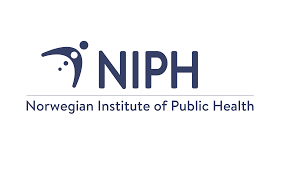Transitions in Later Life and Ageing Well
Sustaining an ageing population calls for increased focus on prolonging good health and wellbeing across the whole life span, including old age. TRILL – “Inequalities in ageing well and the significance of transitions in later life ” addresses the impact of later life transitions (i.e. work exit, loss of health or functioning, loss of a spouse) on opportunities for ageing well across gender, socioeconomic status (SES) and local context. Ageing well does not just depend on an individual’s health behaviour, but also depends on social, political, economic, and geographic factors.
With this project we aim to contribute to placing later life and ageing as a core concern in research on stratification and inequality and to new interdisciplinary knowledge at the intersection of health promotion, ageing well and social health inequalities. TRILL’s main objective will be analysed in three steps (1) Unraveling potentially vulnerable transitions in later life; (2) Investigating differential effects of transitions on wellbeing and functioning; and (3) Assessing how some older adults manage transitions in later life well, despite a low SES throughout their lives. Through its focus on variations in ageing well, the project does justice to the substantial heterogeneity among older people, in particular among those with low SES.
A major strength is the use of two national large-scale longitudinal ageing studies (NorLAG and Tromsø study), combined with register information and qualitative data. This enables us to investigate the impact of structural determinants on the timing and sequencing of later life transitions (differential exposure), as well as on the subsequent impact on wellbeing and functioning (differential effects and capacity of response).
TRILL is a collaboration between Health Services Research Unit at Akershus University Hospital, NOVA at OsloMet, the National Institute of Public Health and three leading institutes for ageing research in Europe, and includes representatives from a broad stakeholder group. Dissemination of project findings occurs through joint scientific publications in international peer-reviewed journals, seminars and workshops, and a mid-term and final conference.
The project is funded by The Research Council of Norway, Research Programme on Better Health and Quality of Life (BedreHelse/Health, grant no. 301958).




